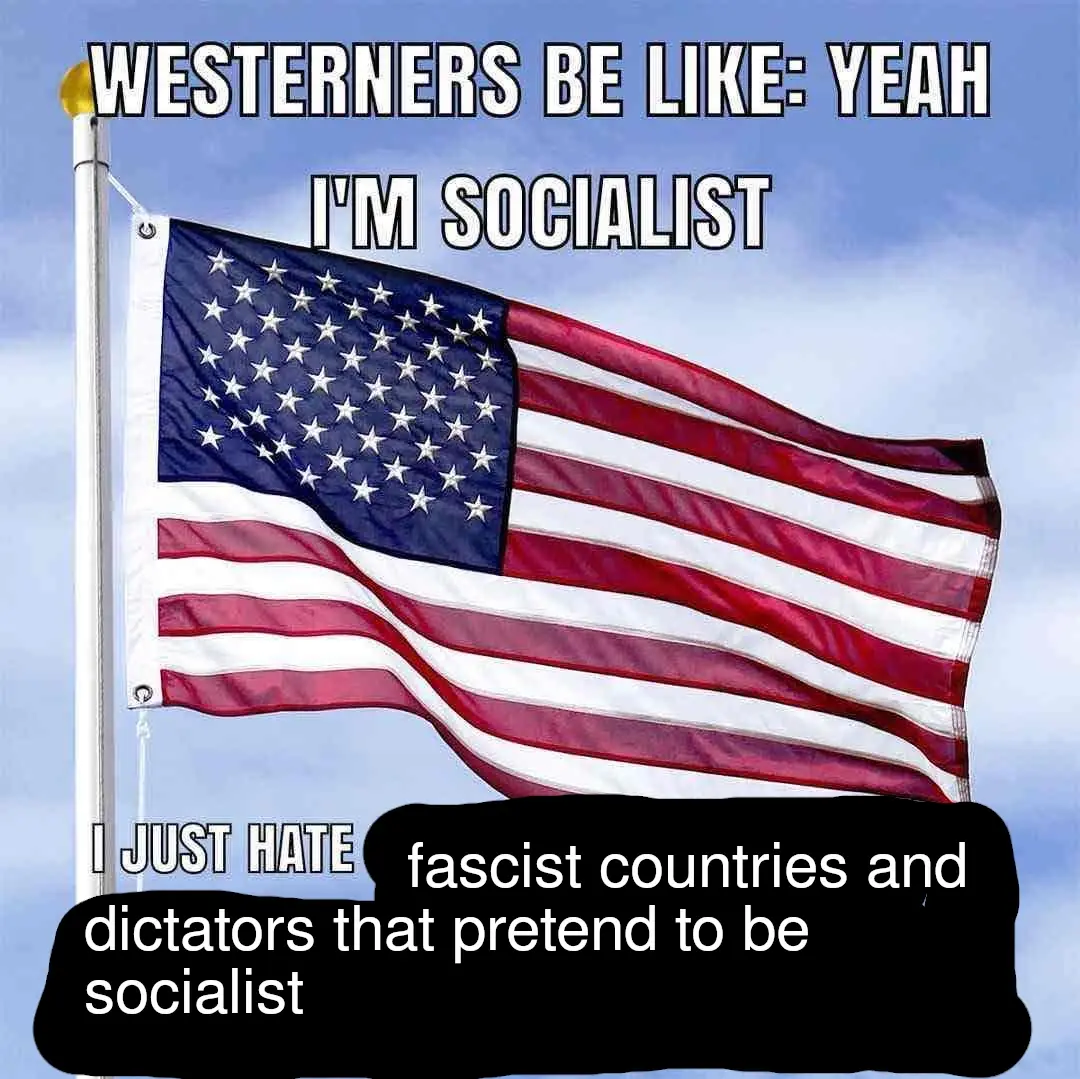this post was submitted on 02 Sep 2023
828 points (85.8% liked)
Memes
52836 readers
358 users here now
Rules:
- Be civil and nice.
- Try not to excessively repost, as a rule of thumb, wait at least 2 months to do it if you have to.
founded 6 years ago
MODERATORS
you are viewing a single comment's thread
view the rest of the comments
view the rest of the comments

There's a reason that race is included though, and that reason is that fascism aims to strengthen and reinforce existing hierarchies. That generally includes race, gender, sexual orientation, class, disabilities, etc. Theoretically it's conceivable that you could have a political project that includes all of that except for race, but in practice it's extremely unlikely that a fascist project would exclude it, which is why it's mentioned in the definition.
Communists (esp. Marxist-Leninists) believe in using political power to reduce or remove these hierarchies, even if it requires the use of force. For instance, I think it's good that slave owners in the US were forcibly suppressed and the people they enslaved were liberated. Does that "willingness to forcibly suppress the opposition" make me (and Lincoln) a fascist, even though my goals and values are completely opposite to those of fascists?
If "the opposition" in your definition is taken to include groups that would also forcibly suppress their opposition given the opportunity, then it seems that Webster's has unintentionally baked in assumptions from which the only conclusion is something like anarcho-pacifism, while labelling all states as inherently fascist. This is either a bad definition, or a bad interpretation of the definition.
That is a good point. It's a really interesting application of the tolerance paradox. This is some good perspective I'm getting, glad I made this comment thread.